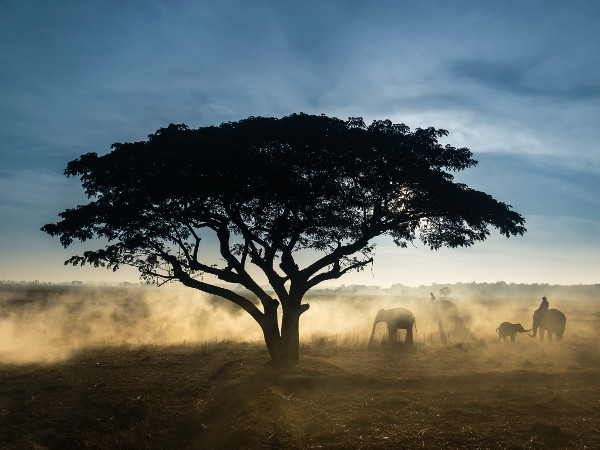Educational Level: Lower undergraduate, Associate
Credit Hours: 3 Credits
Instructor: Prof. Michael King
Course Description:
This course sets out to answer the question: Did civilizations exist in Africa prior to direct contacts with Europeans in the late 15th century? The intent is to answer the question in the affirmative by exploring diverse forms of pre-colonial African civilizations defined in terms of complex political organizations and cultural formations comparable to other world civilizations. Since seldom do civilizations emerge in an absolute vacuum, we will emphasize both the local origins of African political and social systems while considering the extent to which African civilizations borrowed from and integrated external ideas. We will also explore evidence of Africa’s contributions to other world civilizations. Through trade and religious activities, Africa participated in the global exchange of ideas and goods. Thus, contrary to popular perceptions still prevailing in some quarters in the “West,” Africa was not isolated from the rest of the world until the era of European exploration, but rather, it was part of the world wide web of commercial and cultural interactions.
How This Course Benefits Students:
Students will learn to view global history and culture in the context of Africa. The goal of the course is to give Christ centered students the historical-cultural enrichment skills and tools that will be used by the Holy Spirit in helping understand and clarity their specific calling.
Why This Course Is Important:
The study of Africa is central to a broader understanding of world history, European history, as well as contemporary America. The relationship between the United States and Africa predates American Independence. The profits from the trans-Atlantic slave trade helped finance early Western industrialized nations, while the labor of enslaved Africans and their descendants lay the economic foundations of the New World. Africa’s experiences under colonial rule are central to further understanding events which would lead to the two major world wars, religious evangelism, pan Africanism, anti-colonialism, the Cold War and the contemporary African nation state.

